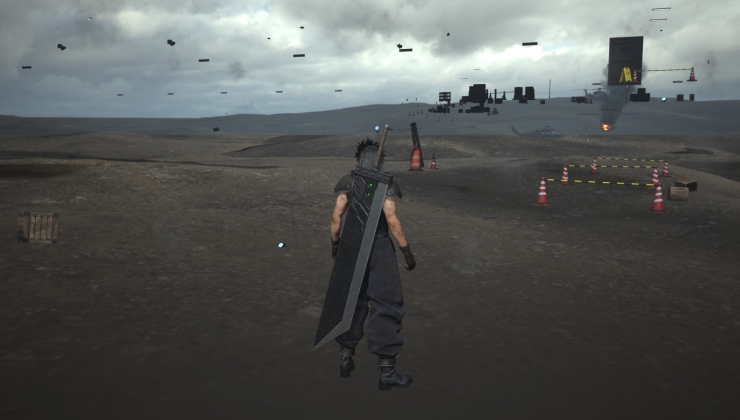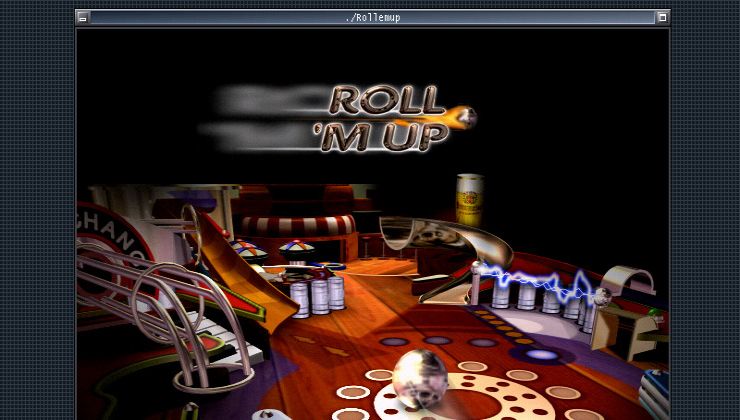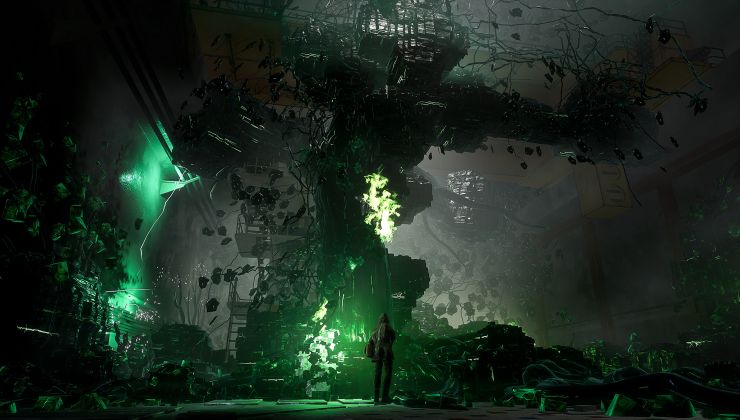The story of Earthlock: Festival of Magic [Official Site] is a little odd. The developer released a Linux alpha version back in 2016 and since then nothing has happened. A new edition has been announced and it's still somewhat positive for Linux.

Commenting on their Kickstarter update, a developer said this:
@JJ Foote: We have not given up on making the Linux version.
Quite short and to the point, but it is good to know that they haven't given up. I wouldn't usually put much faith in something as little as this, but they did put out a working alpha build previously, so they obviously have a little experience.
It is a shame they weren't able to finish the Linux version of the game, but if they do actually keep true to their word and polish it up for this new edition, then that's fantastic. It certainly wouldn't be the first time Linux support didn't arrive for a game until a new and improved edition arrived either.
The new edition will come with a story that has more depth to it, crafting, side quests, mini-games and plenty more. Sounds like they've really been working hard on it!
Thanks for the tip, Faugn!
Suppose this is not a Unity game.
It is :D
My guess why this may be taking so much is because many devs are Windows only people and some may have never used Linux before. So despite Unity having an "export to Linux" button, it might not be as easy for them if issues arise.
As for me personally, I spent so much time in Linux these past 3 years that sometimes troubleshooting issues on Linux is much easier than in Windows.
I wouldn't usually put much faith in something as little as this, but they did put out a working alpha build previously, so they obviously have a little experience.
The Kickstarter from 2014 had a small demo. Not only for Windows, but also for Linux. I remember that the README of the Linux demo had a text that said that they did not test this version, but that they believed it should work. And it did work. It was only a small battle, but I don't remember seeing anything wrong with it.
Fast forward, the Linux beta of the released product comes out. It also pretty much worked. Some missing textures at rare places, very few crashes. Many people played for hours without any issue.
I'm not sure if there was a considerable amount of work put into the Linux beta, or if it just worked without touching anything - as it was with the demo.
I have to say that my hopes were higher at the time I paid for this game on Linux.
Last edited by Doc Angelo on 29 Dec 2017 at 10:42 pm UTC
Although the Unity engine makes it easier to make games for all platforms, what unity does is only a single part of development. For every other aspect of development, additional platforms often means 100% replication of every other aspect of development, such as the creation, maintenance and execution of manual and automated test suites (every time you add a platform, you double your testing load), any support/creation/maintenance of architecture, build systems and/or developer machines and software configurations.
And yes, it's not extremely easy to find Linux trained developers, testers, etc., particularly now that Microsoft is so good at engaging developers early with free access to MSDN developer tools, and school programs. My experience when hiring is that new people coming to the industry tend to only have experience in Linux if they have played with things like Arduinos or Raspberry Pi's... everyone else is indoctrinated by the age of 7 or 8 with Microsoft products and courses (also cross platform development kits like Xamarin, a Microsoft product, are also good at encouraging new developers to stay within the Microsoft land).
Although the Unity engine makes it easier to make games for all platforms, what unity does is only a single part of development. For every other aspect of development, additional platforms often means 100% replication of every other aspect of development, such as the creation, maintenance and execution of manual and automated test suites (every time you add a platform, you double your testing load), any support/creation/maintenance of architecture, build systems and/or developer machines and software configurations.
If that would be the case, why wouldn't they tell us that as the reason why they don't work on the Linux version yet? Wouldn't adding platforms like Nintendo Switch be even more additional workload in comparison to working on a Linux version after a Windows version?
Last edited by Doc Angelo on 30 Dec 2017 at 11:16 pm UTC
If that would be the case, why wouldn't they tell us that as the reason why they don't work on the Linux version yet? Wouldn't adding platforms like Nintendo Switch be even more additional workload in comparison to working on a Linux version after a Windows version?
My guess is that they find the Switch easier to develop for, or/and they feel they will make more money from that. One of the guiding developing principles right now is "cost of delay". That is, if they have prioritised their work correctly, they have probably calculated that the cost of delay for the Switch is higher than Linux, therefor the priority would be Switch.
Again, just a theory, but I develop very large IT systems and that's generally the "best" prioritisation technique (others tend to be "executive says..." or "whoever screams loudest").







 How to set, change and reset your SteamOS / Steam Deck desktop root password
How to set, change and reset your SteamOS / Steam Deck desktop root password How to set up Decky Loader on Steam Deck / SteamOS for easy plugins
How to set up Decky Loader on Steam Deck / SteamOS for easy plugins
See more from me